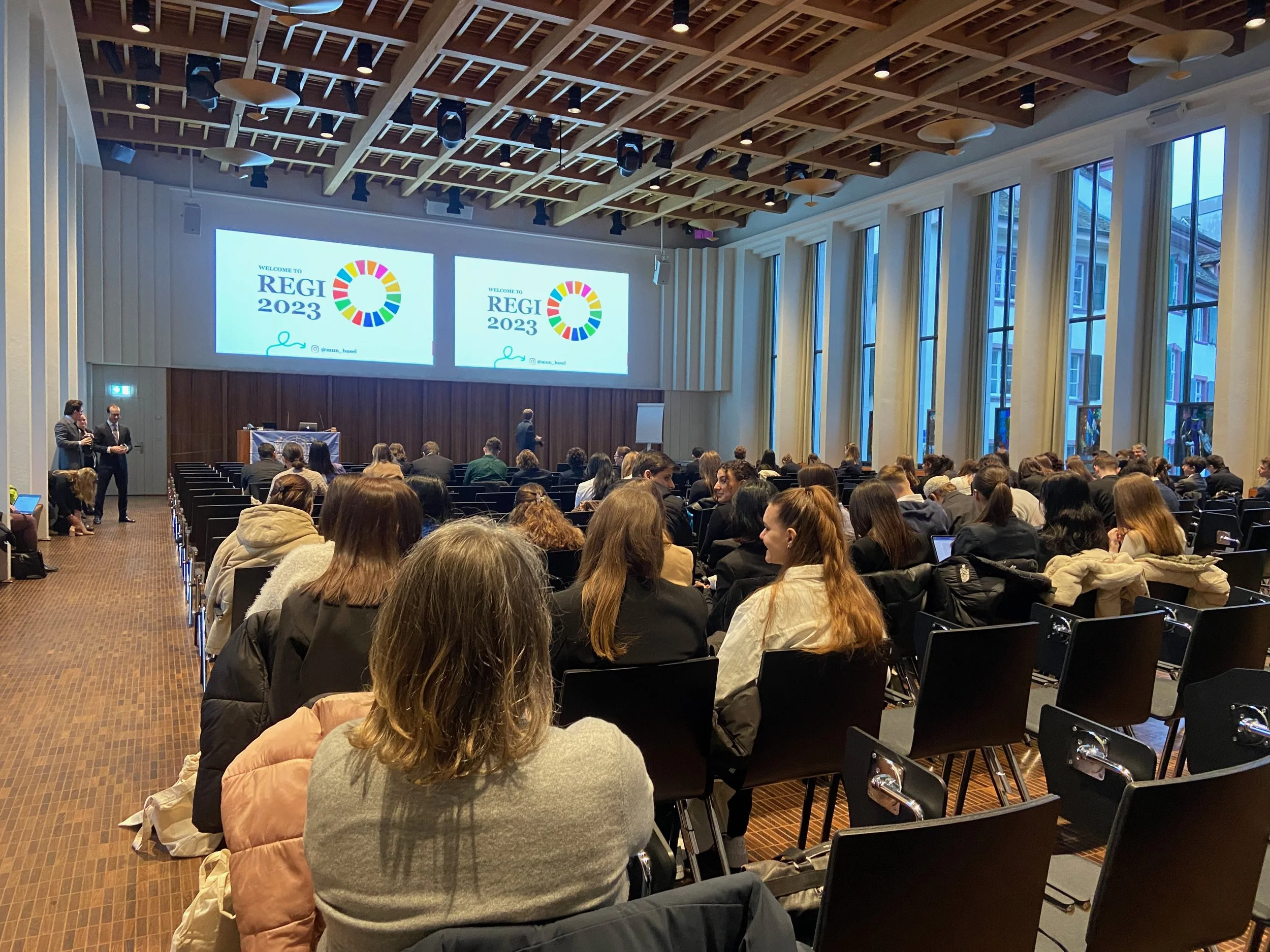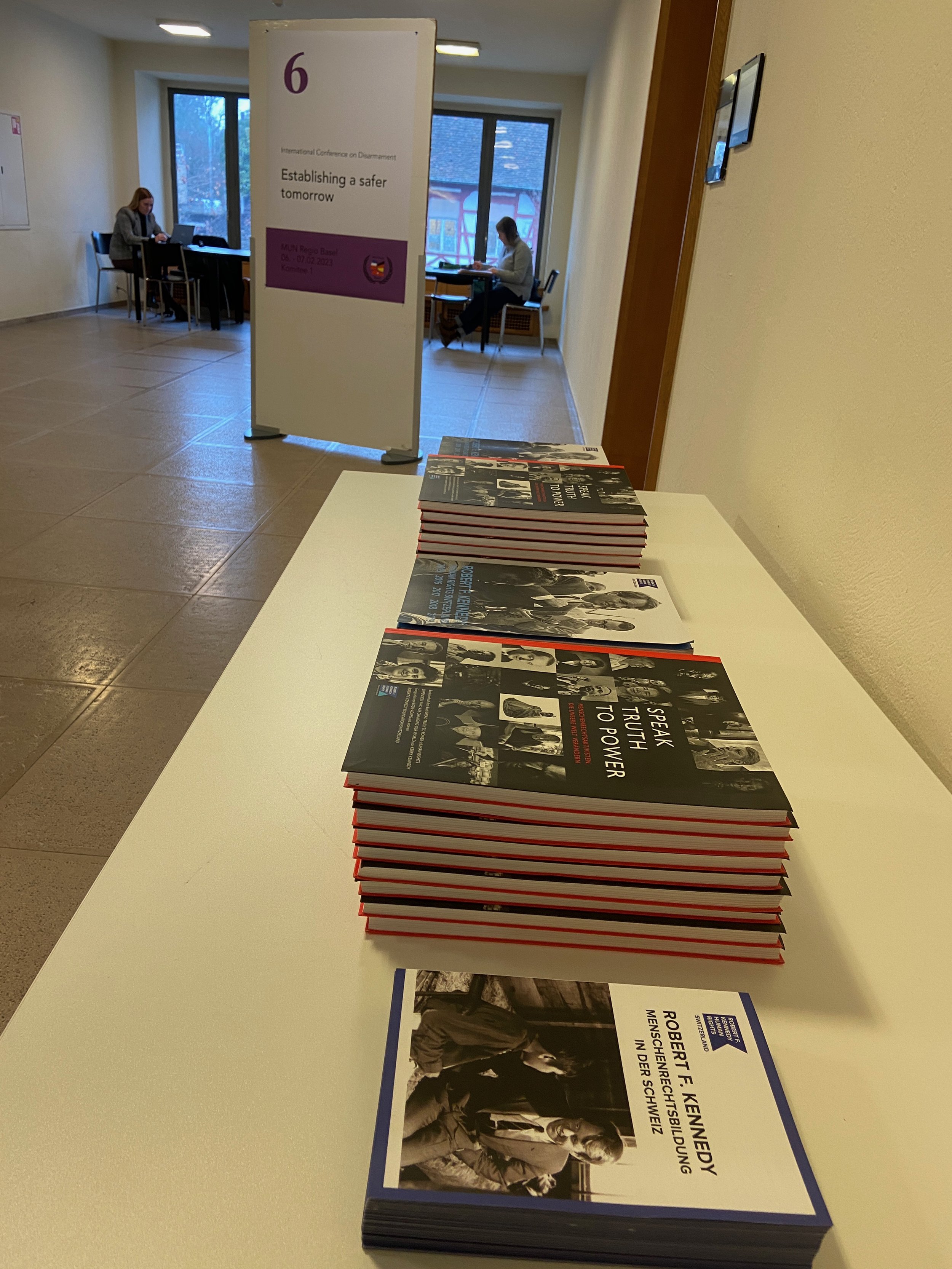Today RFK Human Rights Switzerland board member Alex Mundt was one of the experts at the Model United Nations regional summit. Around 100 pupils from different schools in Switzerland and Germany take part in order to debate topics from human trafficking to asylum rights. Alex Mundt - Senior Policy Advisor at the UNHCR - gave the pupils an introduction on this last topic. Afterwards, they engaged in a role play and a real debate slowly but steady took off.
The term Model United Nations refers to the simulation of political negotiations at the level of the United Nations. Since the 1920s, conferences have been held around the world for this purpose, at which participants take on the role of diplomats. The vast majority of conferences are aimed at school pupils or students. In the Basel region, a conference of this kind was held for the first time in October 2007 for the pupils of the region's grammar schools, technical colleges and vocational baccalaureate classes. To date, twelve conferences have been held under the name Model United Nations Conference "Regio Basel". Every year, the conference welcomes between one hundred and fifty and two hundred and fifty students as participants.
The conference is not only a vehicle for transporting understanding about international politics. Rather, it is designed to get students deeply engaged in the ways of presenting points of view and diplomatically standing up for the interests of the country they are representing. Only those who are able to convince other participants of the probity of their argumentation will ultimately be able to incorporate the interests of the represented country into the final resolution.
The teachers therefore give the class time in advance to hone their rhetorical skills, which are then put on display at the conference. This is to ensure that not only is knowledge about international politics accumulated, but that it can also be expressed in a pointed and concise manner in the future. Last but not least, this is a soft skill that is increasingly required by degree programmes, but also by future employers, and should therefore be encouraged.
Depending on the number of participants, the registered classes will be divided into three to six committees in German or English. Each committee deals with its own topic, which is loosely oriented to the chosen overall topic of the respective year. This year's theme is: Human Rights in the Digital Age.
The first day of the conference began with the registration of participants and the opening ceremony. Christine Verones (from the Swiss Department of foreign affairs) gave the key-note speech. Afterwards, the students distributed themselves among the various committees. In short input speeches, experts from business, science and politics give the participants another introduction to certain aspects of the topics under discussion. This served to stimulate the debates and to refresh the participants' knowledge. Amongst them was Alex Mundt on asylum rights.




